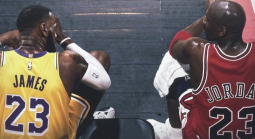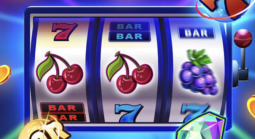Concerns Over Phil Mickelson’s Gambling Habits Take Center Stage in Wake of Arrests
(Associated Press) - Federal authorities named golf superstar Phil Mickelson as a relief defendant in a civil suit Thursday that accuses Las Vegas gambler Billy Walters and Thomas Davis, a former corporate board member at Dean Foods, of insider trading.
Mickelson was not charged. The Securities and Exchange Commission alleges he only benefited from the misdeeds of others. He agreed to repay (with interest) the $931,000 he made in a single trade of Dean Foods in the summer of 2012.
Perhaps more troublesome is the SEC allegation that Mickelson had placed bets with Walters prior to the tip, he owed Walters money at the time of the trading and that he repaid Walters a month later “in part with the proceeds of his trading.”
That raises some uncomfortable questions.
How much did Mickelson owe Walters? If he placed bets with Walters, what were they for?
The complaint has the attention of the PGA Tour, which has a section in its player handbook under ”Conduct of Players” related to gambling. One part says that a player shall not ”associate with or have dealings with persons whose activities, including gambling, might reflect adversely upon the integrity of the game of golf.”
”That’s something we’re in the process of looking at and determining,” tour spokesman Ty Votaw said.














